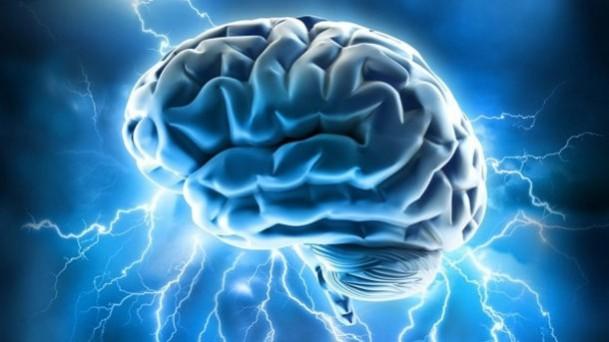
Do you feel a pleasant chill in your spine when you hear a drum beat or a tweak of a guitar string? Well, then you may have a special brain.
If music gives you goosebumps, you are not just in touch with your emotions, you actually have a unique brain, a research says.
Brain scans of 20 students were examined by the scientists at the University of Southern California. Music had intense reactions in half of them and half didn't have any.
The researchers compared the scans of each participant after each one of them listened to a piece of self-selected music. Those participants who reacted to songs intensely had a distinctive neurological structure.
The people who get the shiver up the spine have a denser volume of fibers that link their auditory cortex to brain areas associated with emotional processing. It lets the two areas communicate better.
The research is reported in the journal Social Cognitive and Affective Neuroscience.
Matthew Sachs, co-author of the study said, "The idea being that more fibers and increased efficiency between two regions mean that you have more efficient processing between them."
He further explained, "More fibers and increased efficiency between two regions means that you have more efficient processing between them."
Sachs concluded that if music gives you goosebumps, the emotions you experience may also be at an intense level.
Alissa Der Sarkissian, a research assistant at the University of Southern California's(USC) Brain and Creativity Institute believes that there is a strange feeling in her body when listening to the song 'Nude' by Radiohead.
She explained, "I sort of feel that my breathing is going with the song, my heart is beating slower and I'm feeling just more aware of the song — both the emotions of the song and my body's response to it."

Der Sarkissian investigated this phenomenon with her friend Matthew Sachs to see the brain activity differing with those who get goosebumps in reaction to music as with those who don't.
Sachs studies psychology and neuroscience at USC, believes that the preliminary findings could provoke further research.
The findings come after a recent study conducted at the University of York collaborating with Bang & Olufsen. They found that music could be crucial in managing emotions.
Neuroscientist Dr. Hauke Egermann studied 20 participants and their response to four different songs. He found that listening to supposedly 'sad' songs could actually boost the mood.
Egermann said, "These findings provide further evidence that music can form an important part of our overall mental wellbeing, helping us to regulate our mood. In particular, we have shown that music can override the negative impact of feeling sad and actually allow us to enjoy this emotion in a safe environment."
The participants listened to the 'sad' song '9 Crimes' by Damian Rice.











